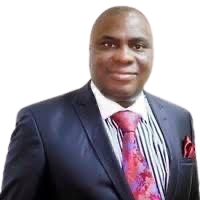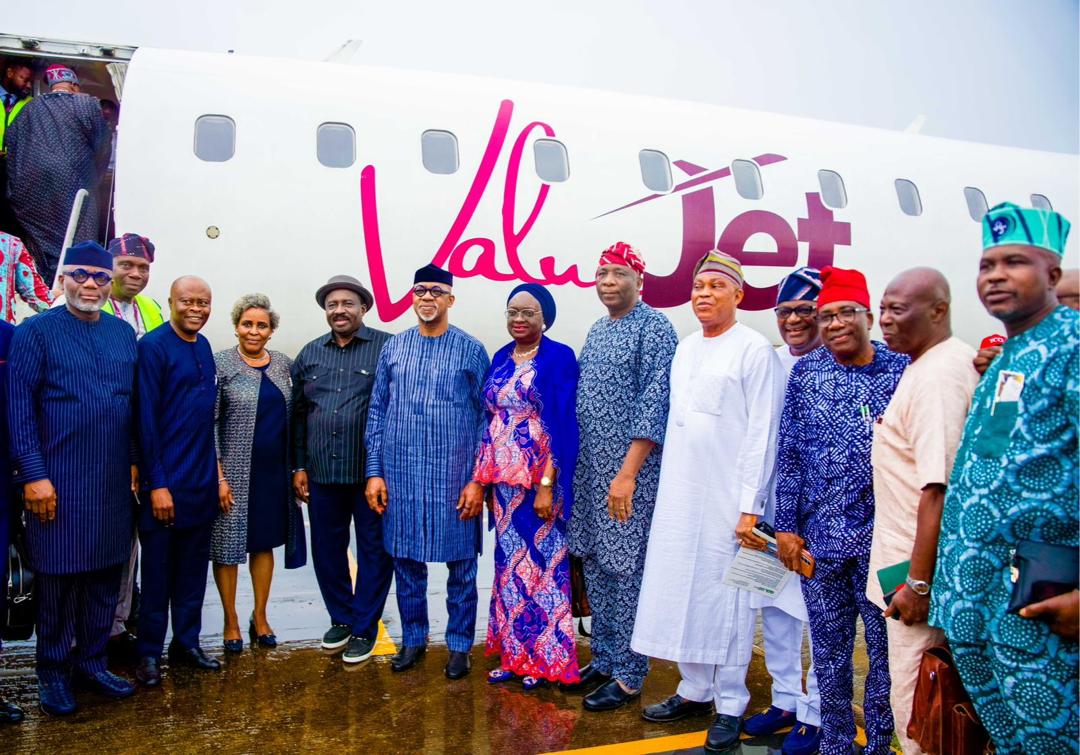
For Muslims to fight poverty and survive the economic downturn, Islamic finance scholars have stressed the need to embrace waqf, as well as explore and exploit its many advantages for individual and national benefit.
Waqf is an Islamic social finance instrument, a kind of voluntary charity highly encouraged in Islam. It operates by taking certain resources off consumption and simultaneously putting them in the form of productive assets that increase the accumulation of capital in the economy.
Realising the remarkably important role of waqf in social and economic development, Zakat and Sadaqah Foundation (ZSF) organised an awareness seminar, themed, ‘Understanding the concept of waqf as an Islamic social finance instrument’.
The guest lecturer, the Chief Executive Officer of Jaiz Charity and Development Foundation, Dr Abdullahi Shuaib, commended the increased awareness campaigns on waqf in Nigeria, noting that the lack of adequate enlightenment about waqf is one of the factors responsible for the limited waqf projects in the country.
Shuaib described waqf as an instrument under Islamic social finance that can be undertaken by the rich and the poor for societal development and public good.
“We need to step up our awareness campaign. We need to remove the fog in the eyes of those who are supposed to be the major drivers of this waqf initiative. They need to understand the meaning of the concept; how it’s being applied in different climes, and to understand our terrain so that we avoid those pitfalls that can make individuals or corporate organisations who want to thread the path of establishing waqf do not derail,” he said.
He also noted that most people in Nigeria only give theoretical explanations of waqf without having a concrete understanding of its practical application.
He advocated intensive cross-fertilisation of ideas among Islamic organisations so that more people would have the required expertise on waqf. He said: “We also need to do intensive cross-fertilisation of ideas with Islamic organisations. Most Islamic organisations have a stand-alone attitude of doing things. That cannot take the community far. We need to have this cross-fertilisation of ideas so that if an organisation is endowed with a lot of people with capacity, they can also train people in other organisations to shoot up their capacity. The more we have waqf institution, the better for the ummah.”
According to him, Waqf projects do not only benefit Muslims, but they are for public good.
“Even idol worshippers will benefit from waqf. Waqf is different from Zakat which is one of the pillars of Islam. Waqf is an instrument under Islamic social finance that we can use to bring public good, be it hospitals, schools, businesses, community development, welfare and other things that can impact positively.
“Waqf can also come in the form of cash contribution for a project. When the project is implemented, it becomes a property that nobody can lay claim to. It is now a public property for public good. It is going to be managed by a group of specialised individuals under the Waqf Management Board. These individuals are also not the owners of the project. It belongs to Allah because it has been dedicated as an endowment to bring public good.”
Shuaib charged waqf stakeholders to engage local government authorities to explore partnership opportunities. The Executive Director and Chief Executive Officer of Z&S Waqf Foundation, Mr. Maruf Ahmed, said its organisation is two years old.
“In the last two years, we’ve been able to gather some cash waqf to start hostel projects that will enhance accommodation for students at a cheaper rate, and still bring in revenue,” he said.
“We already have an acre of land at Tai Solarin University of Education, Ijebu-Ode. The objective is to get a hostel accommodation for students that will be affordable and also generate revenue to develop more of such projects. We also have a building we want to secure in Shagamu. It is very close to Olabisi Onabanjo University Teaching Hospital, where medical students can have access to accommodation.
“We have a building donated by a philanthropist. In waqf, you can be specific. So, when he was donating that building, he said he wanted us to use it for school. The school should generate revenue that will take care of a specific number of orphans. We have started the school this session. We hope the school will grow so that we meet the aspiration of the donor.”
The Executive Director also mentioned that Z&S Waqf Foundation is targeting a diagnostic centre project for which fundraising is ongoing. He said his organisation will continue to push enlightenment around waqf, as he admitted that there is limited awareness of it.
“We call on people with the means to partner with Z&S Foundation on our projects so that we can touch the lives of the downtrodden in Nigeria. The benefit is perpetual. The Prophet (SAW) said the waqf you do yourself is far more meritorious than the one done on your behalf after death.”
The chairman of the occasion, Dr AbdulGaniy Shopeyin, said the waqf projects of Z&S Waqf Foundation are already transforming society.
“We must ensure that we do not limit our enlightenment campaigns and lectures to people working for the Zakat & Sadaqat Foundation alone. We can even engage Christians. This is a technology-oriented world. We can have virtual programmes on it so that everybody will know. A lot of Muslims still do not know the meaning of waqf. I have learnt a lot today. I believe so many people out there too need to learn. It is not difficult. It is a simple thing that everybody can do,” he said.





